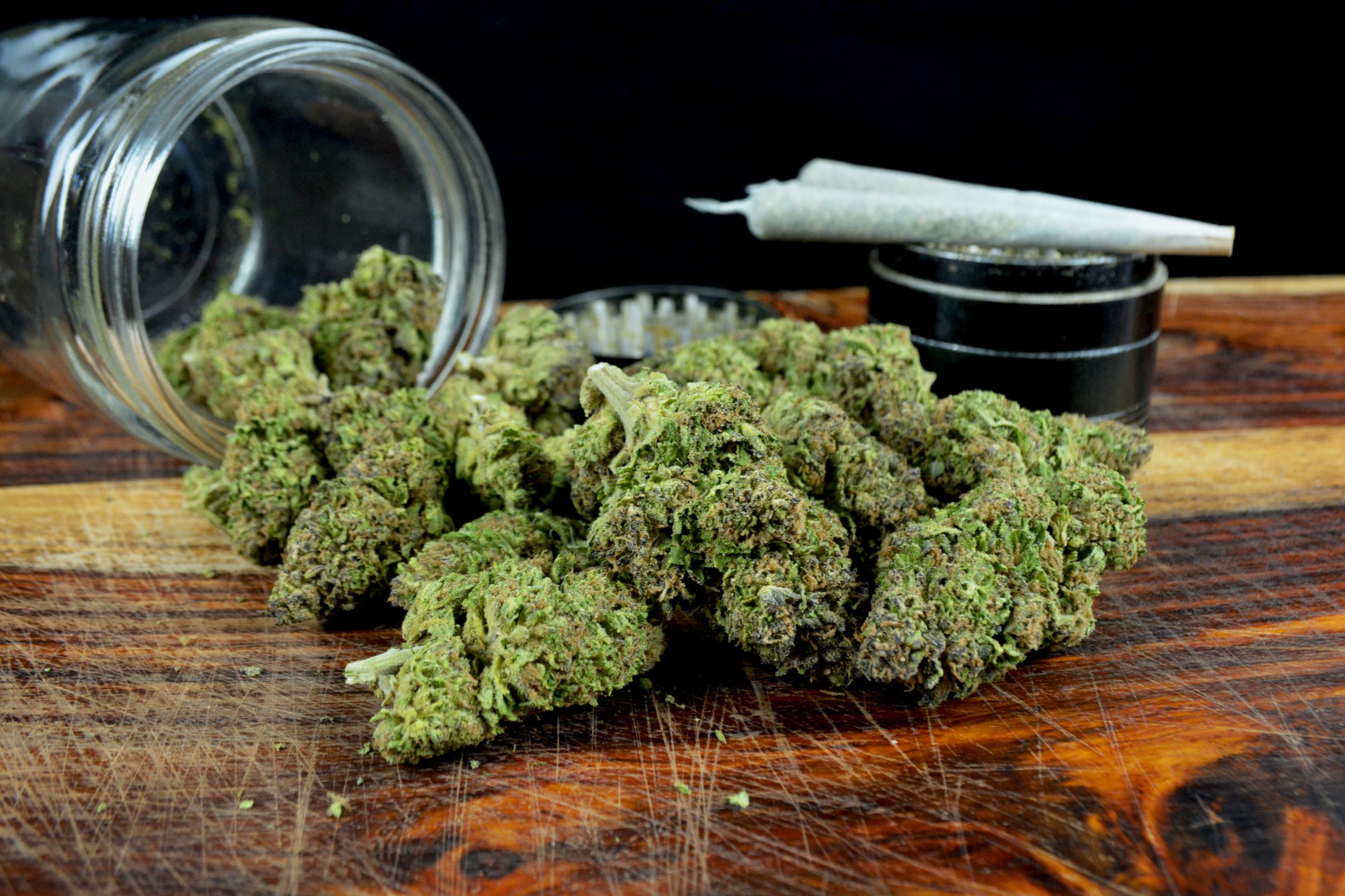The Relationship Between Medical Marijuana and Appetite Stimulation
The Relationship Between Medical Marijuana and Appetite Stimulation
Blog Article

Medical marijuana has gained significant attention in recent years for its potential therapeutic benefits, particularly in relation to appetite stimulation. As more states and countries embrace its medicinal use, understanding how cannabis influences hunger has become a key area of research. Many patients, especially those undergoing treatments like chemotherapy, often struggle with reduced appetite and nausea, making the appetite-enhancing properties of medical marijuana particularly valuable.
Studies have shown that certain compounds in cannabis, specifically tetrahydrocannabinol (THC), can activate receptors in the brain that are responsible for the sensation of hunger. This physiological response can help improve food intake in individuals suffering from conditions that lead to diminished appetite. As more people seek alternatives to traditional medications, exploring the relationship between medical marijuana and appetite stimulation opens up discussions about its role in patient care and overall quality of life.
Understanding Medical Marijuana
Medical marijuana refers to the use of cannabis plants or cannabinoids for therapeutic purposes. Recognized for its potential to alleviate various medical conditions, it has gained acceptance in many parts of the world. Patients often seek it as an alternative or complementary treatment when traditional medications fall short in managing symptoms.
Cannabinoids, the active compounds found in cannabis, interact with the body’s endocannabinoid system, which plays a crucial role in regulating numerous physiological processes. These include pain sensation, mood, appetite, and immune function. By engaging with this system, medical marijuana can help to ease conditions such as chronic pain, nausea, and anxiety.
The legality and availability of medical marijuana vary widely across regions. In places where it is legal, patients may obtain it through dispensaries with a prescription from a qualified healthcare provider. As research continues, the understanding of its efficacy and safety profile grows, shaping the ongoing conversations around its use in medical practice.
Mechanisms of Appetite Stimulation
Medical marijuana influences appetite through a complex interaction with the endocannabinoid system. This system plays a crucial role in regulating various physiological processes, including hunger and satiety. The primary psychoactive component of medical marijuana, THC, binds to cannabinoid receptors in the brain, particularly in areas associated with food intake and reward. This interaction can enhance the perception of taste and smell, leading to an increase in appetite.
Additionally, medical marijuana may alter hormonal levels that influence hunger. THC has been shown to impact ghrelin, a hormone that stimulates appetite. When THC is introduced into the body, it may increase the production of ghrelin, thereby promoting the sensation of hunger. By modulating these hormonal responses, medical marijuana serves as an effective tool for individuals seeking to stimulate their appetite, particularly those suffering from conditions that lead to decreased food intake.
Moreover, the relaxing effects of medical marijuana can contribute to appetite stimulation. Many users report reduced anxiety and stress after consuming medical marijuana, which can often be barriers to eating. By alleviating these feelings, individuals may feel more comfortable and willing to eat. This psycho-emotional aspect of appetite is significant, especially for patients coping with illnesses that impact their eating habits, making medical marijuana a valuable option for improving nutritional intake.
Implications for Patient Care
Qualifying Conditions for Cannabis Card
The use of medical marijuana in stimulating appetite has significant implications for patient care, particularly for those suffering from conditions such as cancer, HIV/AIDS, or chronic illnesses that lead to weight loss and diminished appetite. Healthcare providers must consider the individual needs of patients when recommending medical marijuana, ensuring that the chosen strain and dosage align with their specific conditions and treatment goals. This personalized approach can help improve the quality of life for patients struggling with appetite issues, enabling better nutritional intake and overall health.
Moreover, communication between patients and healthcare providers is essential for effective management of appetite-related symptoms. Education about the potential benefits and risks of medical marijuana can empower patients to make informed decisions about their treatment options. Providers should facilitate open discussions about patients' experiences with appetite stimulation, which can inform ongoing adjustments to their care plans and enhance the therapeutic effects of medical marijuana, ultimately leading to better health outcomes.
Finally, incorporating medical marijuana into a comprehensive treatment strategy requires an understanding of the legal and regulatory framework governing its use. Healthcare professionals must navigate varying laws and ensure that patients are well-informed about the legal implications of using medical marijuana. This knowledge not only protects patients but also enhances trust in the physician-patient relationship, reinforcing the collaborative approach needed to optimize care for those benefiting from appetite stimulation due to medical marijuana.
Report this page